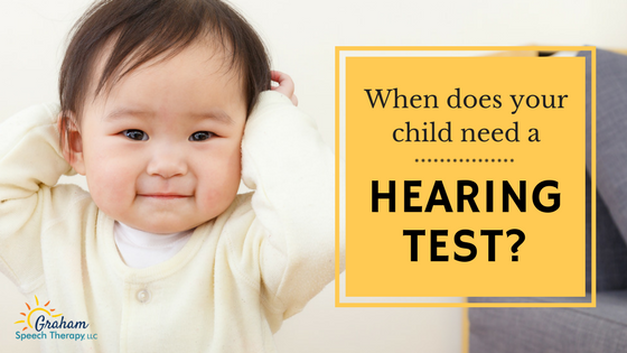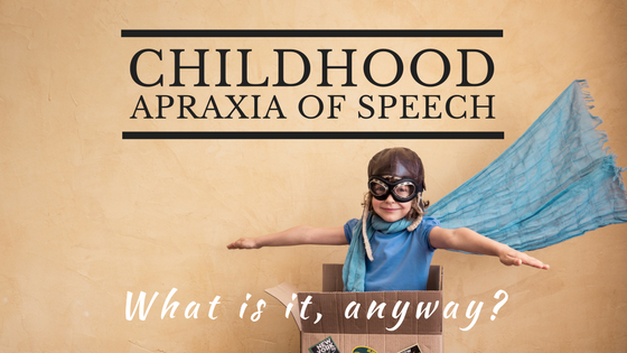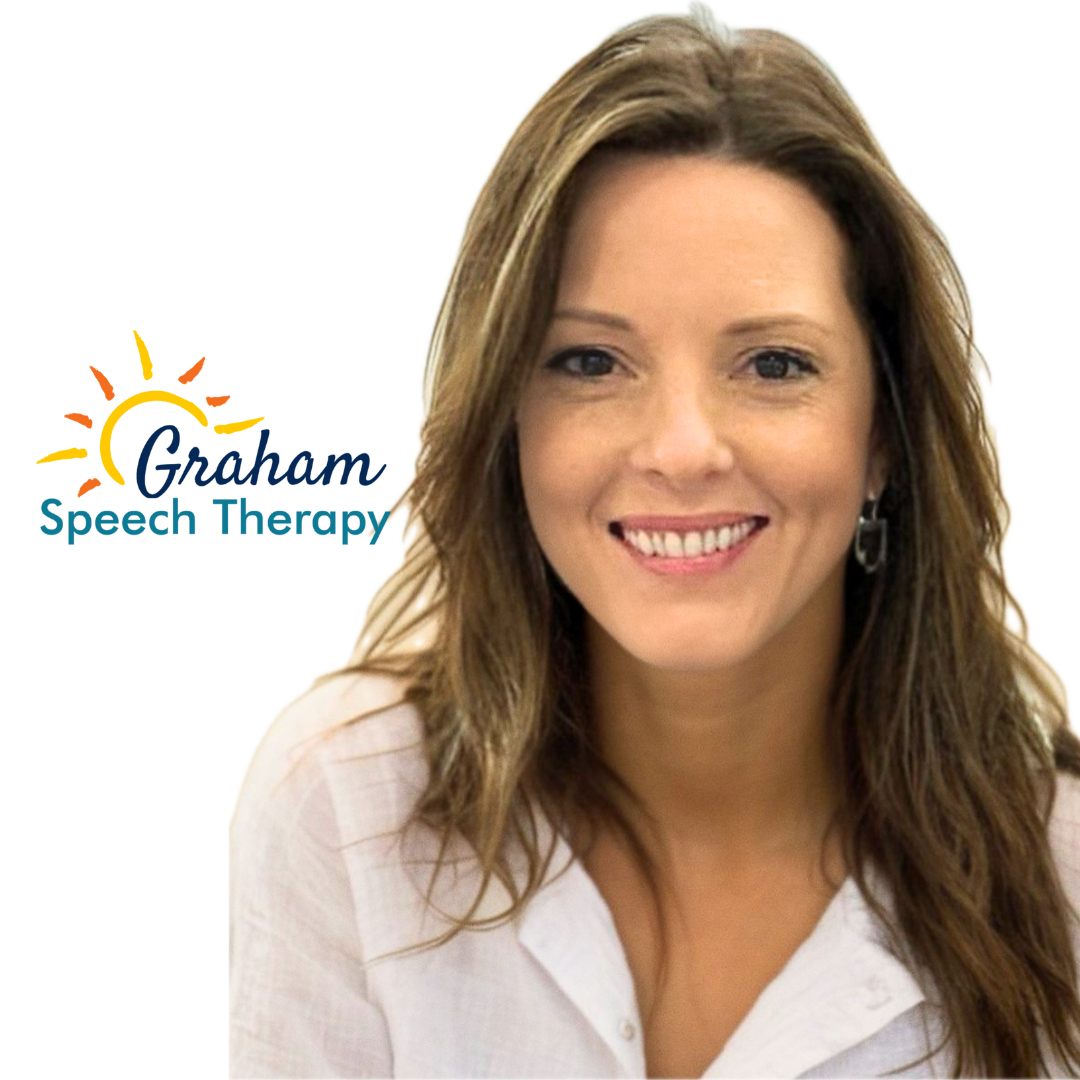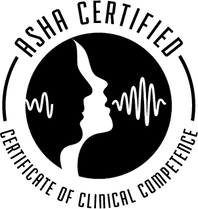|
Back when I was in graduate school, I worked for an Audiologist and conducted more than my fair share of hearing screenings. Not only did I really enjoy it, but I learned an awful lot about hearing loss. Did you know that hearing loss is one of the most common birth disorders in the United States? According to the National Institute on Deafness and Other Communication Disorders, 1 in 1000 infants is born totally deaf and an additional 1-6 per 1,000 are born with less severe, but significant, hearing loss.
Why is this important? In the first 3 years of life, a child's auditory pathways and language cortex are developing at a rapid pace. This neurological development happens in response to auditory (or visual) language. For families that are part of the deaf culture, parents begin signing from day one, so the baby is learning visual (sign) language. But, it is estimated that 96% of children with hearing loss are actually born to hearing parents. So, it follows to reason that these children are at much greater risk for delays in speech and language skills, especially if their hearing loss goes undetected. For example, even a child with a mild hearing loss may not hear "quiet" speech sounds such as /s/, /sh/, /f/, /t/ and /k/ and therefore would not include them in their speech. This can also affect their understanding and usage of vocabulary and grammar.... Think about how often these "quiet" sounds pop up in this sentence... "Seven cats sat on the fence shaking their tails". That's a lot of information missed if you aren't hearing those sounds. Newborn Hearing Screenings Thankfully, most babies born in hospitals in the U.S. are screened for hearing loss at birth using one of two tests:
Can babies pass a newborn hearing screening and still have hearing loss or develop hearing loss later? Yes! It's important to remember that no screening is perfect and babies with mild hearing loss may even pass newborn hearing screenings. So, being aware of the signs of hearing loss as your child grows is crucial. It's also possible that hearing loss may develop later on in a child's life for a variety of reasons, including chronic ear infections (acute otitis media), excessive earwax, congenital malformations, or a genetic hearing loss. Here are some signs of hearing loss to watch for in children:
If your child exhibits any of these symptoms, ask your pediatrician about a hearing screening. They can often be done quickly at your pediatrician's office, once a child enters school, or by an Audiologist by request or referral. Early detection is crucial. Very often, depending on the type of loss (which is a post for another day), hearing loss can actually be corrected. But, even with a permanent hearing loss, research indicates that children who begin services early may be able to develop language (spoken and/or signed) on a par with their hearing peers. So, don't delay if you suspect your child may have hearing loss! Click here or here to find an Audiologist near you.
4 Comments
Was your child a late talker?.... Didn't babble as an infant?... Does he have difficulty imitating words?... Are her sound errors inconsistent? These are just a few possible signs and symptoms of Childhood Apraxia of Speech (CAS), but they can also be indicators of other speech or language disorders. So, how can you tell if your child has CAS or not?
Let's start with some definitions... Language vs. Speech: When a child has difficulty understanding others (receptive language), or meaningfully using words and sentence to share thoughts and ideas (expressive language), then he or she may have a language delay or disorder. When a child is unable to produce speech sounds to correctly form words, then he or she may have a speech delay or disorder. CAS is one such speech disorder. However, there are several more common types of speech disorders that may also cause a child to have difficulty producing sounds. Here are 3 main types of speech disorders that can sometimes be difficult to differentiate from one another:
So, how can you tell if your child has CAS? The first step is finding a Speech Language Pathologist experienced with motor speech disorders. In the U.S., SLPs are the most qualified professionals who can and should differentially diagnose CAS from other speech disorders. I often hear of parents receiving an Apraxia diagnosis from their pediatricians or neurologists, but these professionals tend to use CAS as a "catch-all" term for children who have severe delays in speech or language and don't have the training or expertise to differentially diagnose. A comprehensive evaluation conducted by a Speech Pathologist experienced with CAS will include:
It's important to note, however, that if only a limited speech sample can be obtained, a firm diagnosis will be challenging. In cases where children have very limited or no speech, especially with children younger than 3 years of age, SLPs often note "suspected" CAS until the child has enough speech to analyze. But, the provision of appropriate therapy should not be delayed. Early intervention is critical, no matter the particular diagnosis. Why is an accurate diagnosis important? 2 Reasons:
This is only a brief overview about differentiating CAS from other speech disorders. For more detailed information about Childhood Apraxia of Speech please visit these helpful sites: |
|




 RSS Feed
RSS Feed
